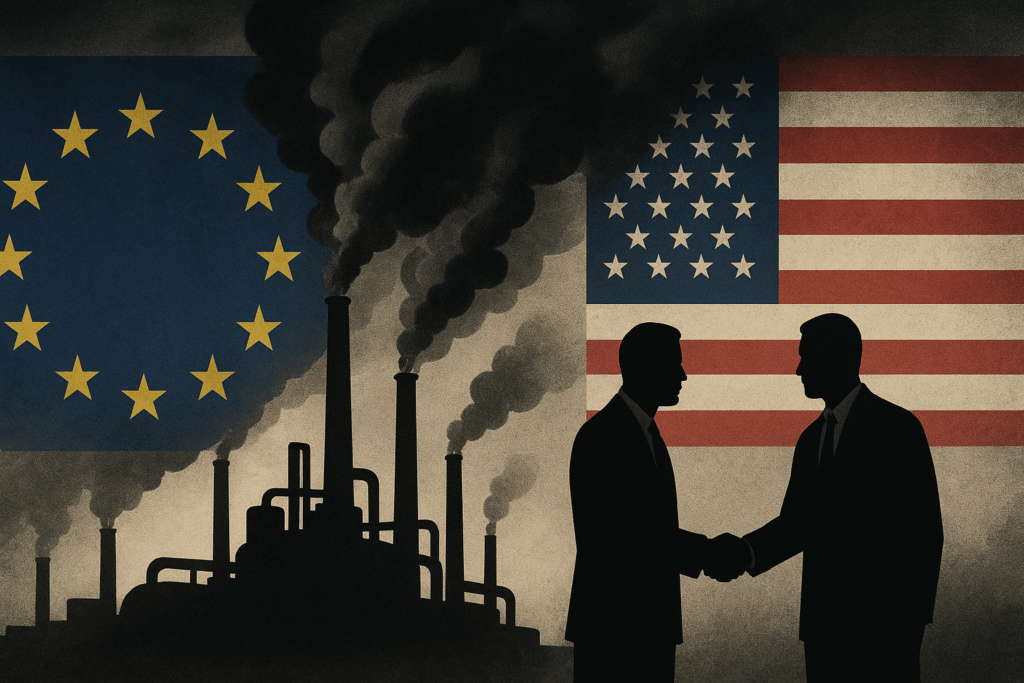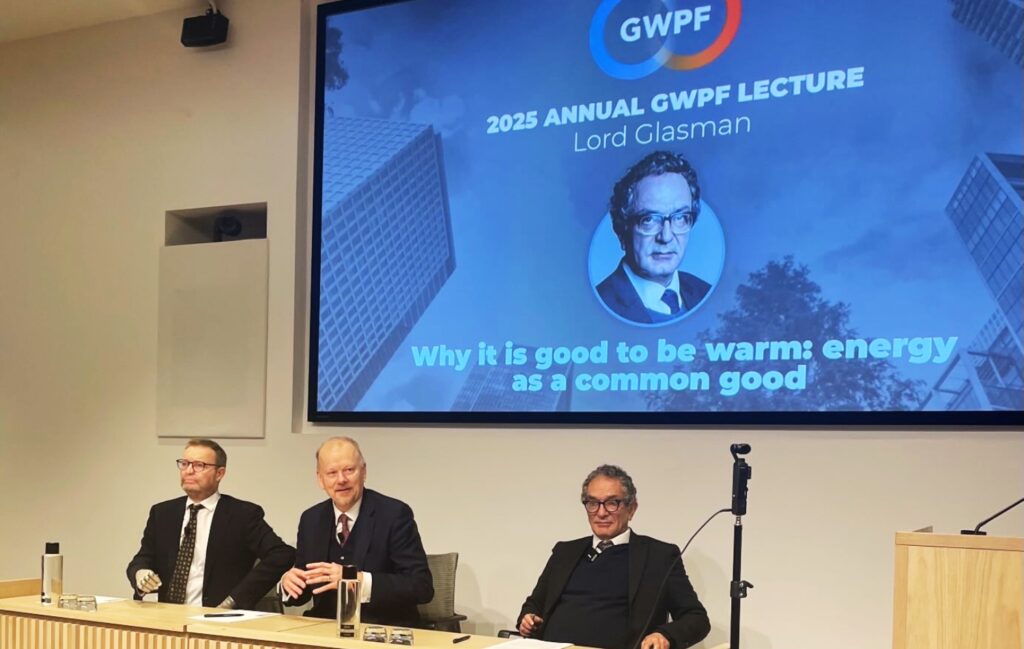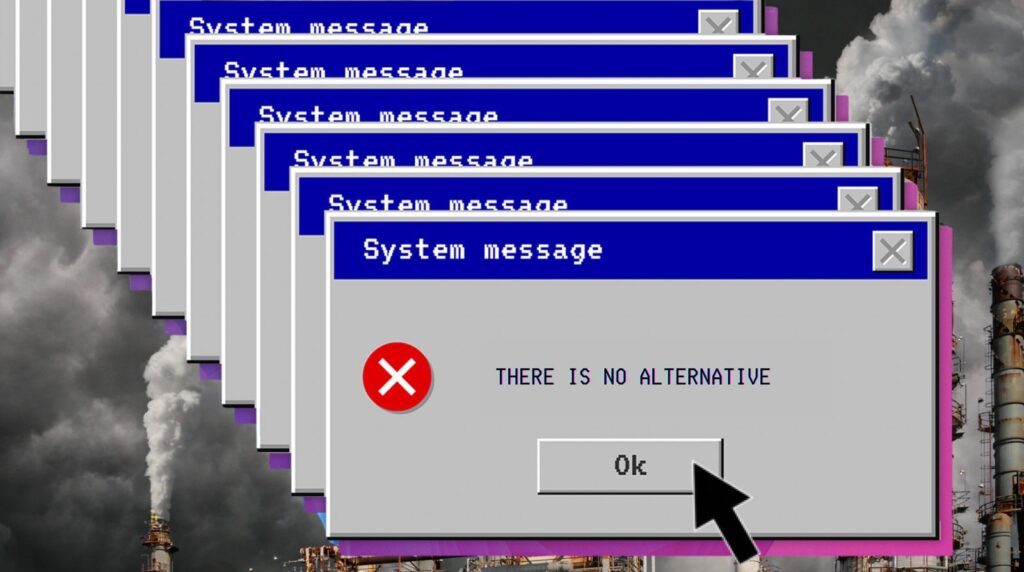A few months back, those who care about accurate climate science and energy education in high school classes registered a minor victory. Under fire from outlets like The New York Times, the education publishing behemoth Scholastic (of Clifford the Big Red Dog and Harry Potter fame) pulled an energy curriculum sponsored by the American Coal Foundation, which gave a nice PR sheen to coal without bothering to cover, uh, the whole environmental angle. The curriculum had reportedly already been mailed to 66,000 classrooms by the time it got yanked.
When it comes to undermining accurate and responsible climate and energy education at the high school level, Scholastic may have been the most prominent transgressor. But precisely because it is a massive and respected educational publisher, and actually cares what The New York Times thinks, it was also the most moderate and easy to reason with.
Although it’s hard to find online now, I’ve reviewed the offending coal curriculum, entitled “The United States of Energy.” In my view, it didn’t even contain any obvious falsehoods—except for errors of omission. It was more a case of subtle greenwashing.
What’s currently seeping into classrooms across the country is far, far worse—more ideological, and more difficult to stop. We’re talking about outright climate denial being fed to students—and accurate climate science teaching being attacked by aggressive Tea Party-style ideologues.
Science magazine just released a report on the state of affairs out there in this place called America, and it’s ugly. From the piece:
“It’s very difficult when we, as science teachers, are just trying to present scientific facts,” says Kathryn Currie, head of the [Los Alamitos High School’s] science department. And science educators around the country say such attacks are becoming all too familiar. They see climate science now joining evolution as an inviting target for those who accuse “liberal” teachers of forcing their “beliefs” upon a captive audience of impressionable children.
“Evolution is still the big one, but climate change is catching up,” says Roberta Johnson, executive director of the National Earth Science Teachers Association (NESTA) in Boulder, Colorado. An informal survey this spring of 800 NESTA members found that climate change was second only to evolution in triggering protests from parents and school administrators. One teacher reported being told by school administrators not to teach climate change after a parent threatened to come to class and make a scene. Online message boards for science teachers tell similar tales…
“There seems to be a lynch-mob hate against any teacher trying to teach climate change,” says Andrew Milbauer, an environmental sciences teacher at Conserve School, a private boarding school in Land O’Lakes, Wisconsin.
How to fight this?
That’s very difficult because, as the Science piece notes, you can’t use the First Amendment. It only bans teaching religion in classrooms, and it is hard to claim that climate change denial—unlike evolution denial—is fundamentally religious in nature. I wouldn’t want to have to argue that case in court.
But while not religiously impelled in a traditional sense, the conservative activists who are attacking the teaching of climate science at the grassroots do fit a familiar profile. We’ve gotten to know them very well by now.
They are hierarchical in outlook, and tend to deny all manner of environmental risks. They often believe that climate science is part of a global conspiracy to impose a statist economy. And of course, they are often conservative white men like Jeffrey Barke, the Los Alamitos Unified School District board of education member who has placed this school at the center of attacks on accurate climate science teaching.
These people are nothing if not highly politicized and emotional. Here’s Barke in his own words:
“Most teachers are left to center, and if we leave it to teachers to impose their liberal views, then it would make for an unbalanced lesson,” Barke said. “Some people believe that global warming is a crock of crap, and others are zealots.”
What is the case for not letting people like Barke influence young students?
Simple: When a political fight erupts at a school over the teaching science, students are effectively being taught to tie science together with emotional, politicized reasoning processes–the way the adults who are interefering in the curriculum have already done in their own minds.
That’s precisely the opposite of what we want to be instilling in young brains. Students ought to be learning to think critically, to be dispassionate and apportion their beliefs to the evidence.
Attacks on climate science in schools aren’t just interferences with teaching, then. By supplying teenagers with politicized misinformation, you’re prepping them to have the kinds of emotionally driven argumentative responses that make our public discourse at the national level so fruitless.
You’re not just instilling denial. You’re creating the next generation of political dysfunction.
You’re not teaching kids to think, you’re teaching them to shout.
Subscribe to our newsletter
Stay up to date with DeSmog news and alerts






